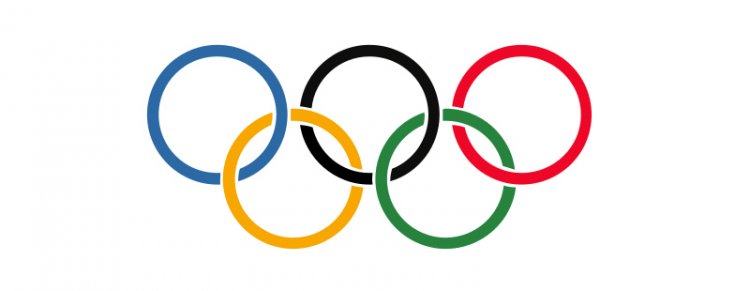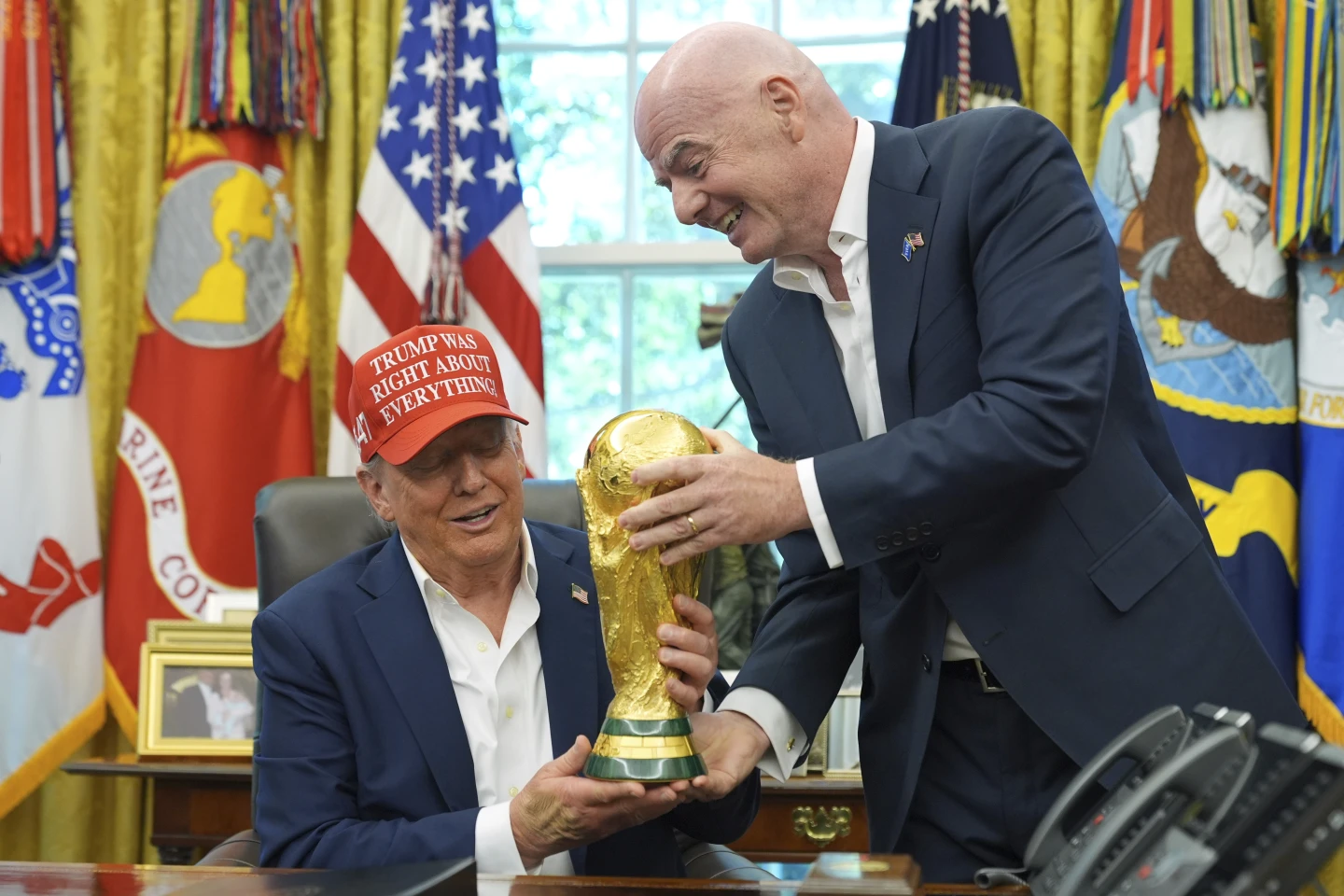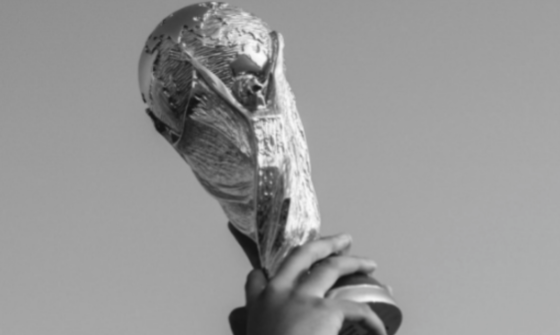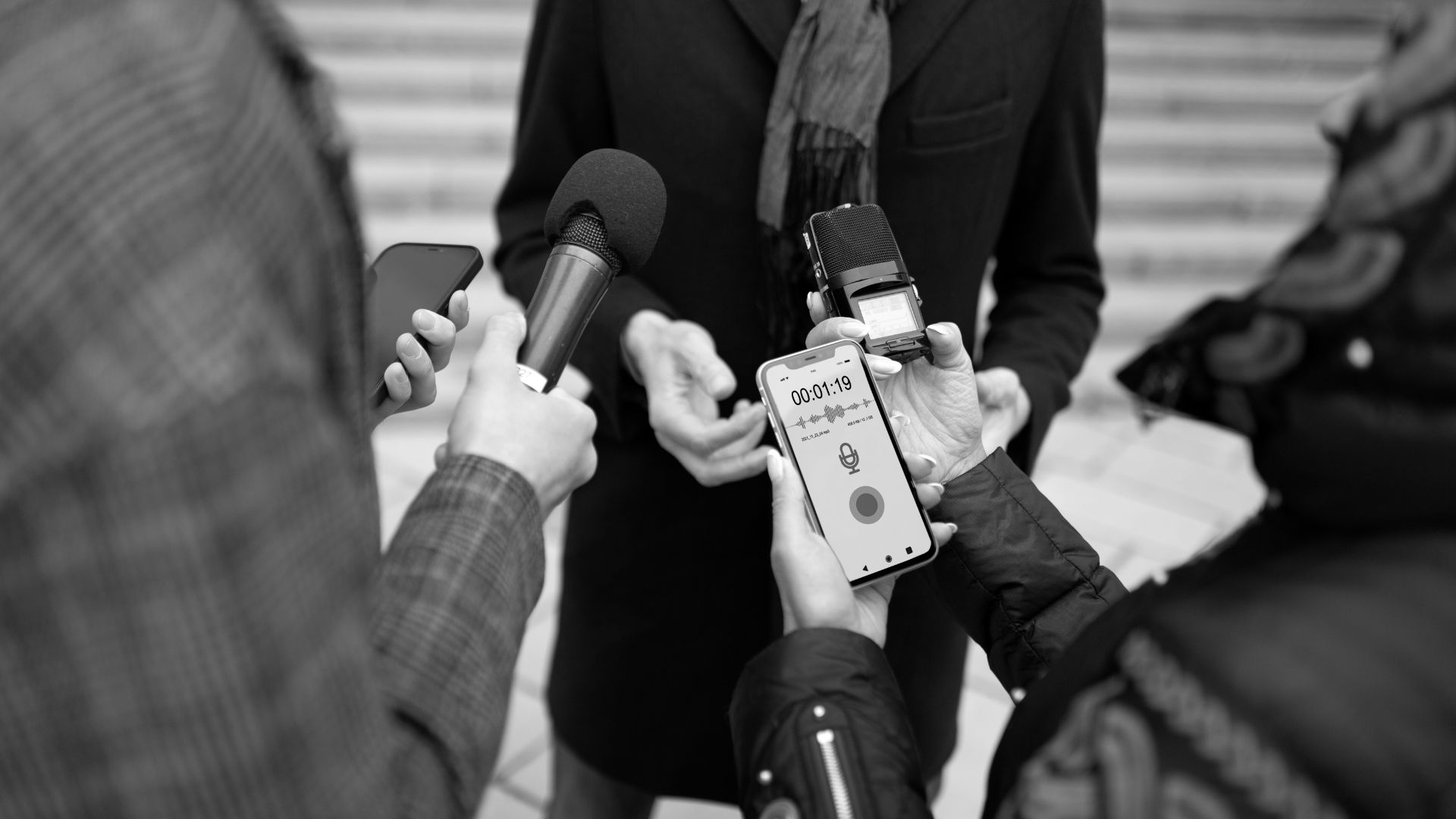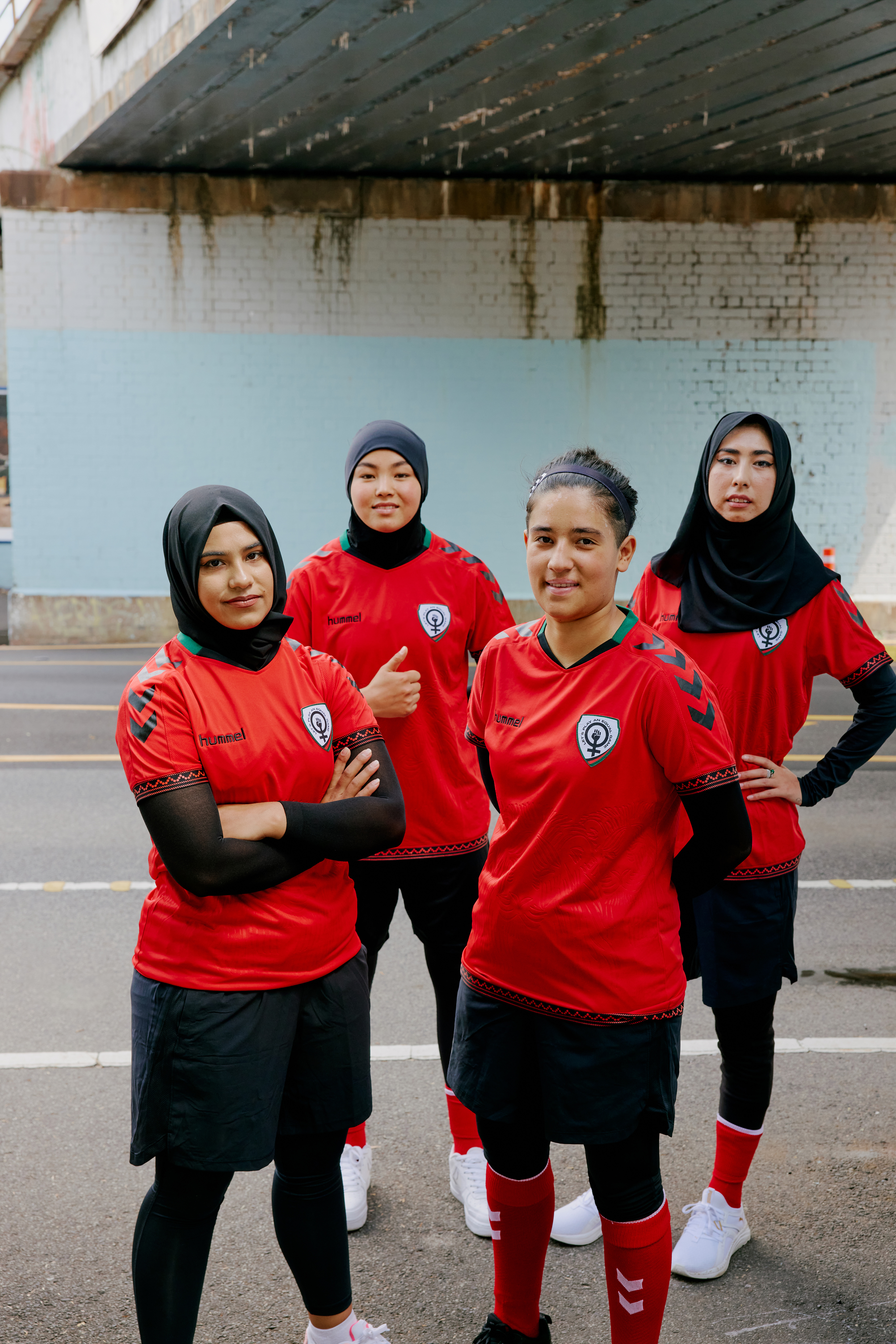The move by the International Olympic Committee (IOC) to incorporate human rights principles in its Host City Contract in accordance with recommendations made by a coalition of rights, athletes’ and transparency organisations could help prevent major abuses by future Olympic hosts, the Sports and Rights Alliance said today. The revised Host City Contract was finalised in January 2017, and will first apply to the 2024 Summer Olympics.
For the first time, the IOC has included explicit reference to the United Nations Guiding Principles on Business and Human Rights (UNGP), which outline the human rights responsibilities of businesses, as well as to anti-corruption standards. The Guiding Principles explain how all commercial enterprises should assess human rights risks, take effective steps to avoid human rights problems, and ensure remedy for abuses which occur in spite of those efforts.
Sharan Burrow, ITUC General Secretary, said, “This is an important step by the IOC for the future. Implementing the UN Guiding Principles across all major global sporting events will help break the cycle of human rights abuses, and this example from the IOC should be applied to all such events, starting now.”
The 2024 Olympics will be hosted by either Paris or Los Angeles, following Budapest’s withdrawal. The IOC will announce the winning bid at a vote in Lima, Peru, in September 2017, and there has also been speculation that the other city will be awarded the 2028 Games at the same time.
Minky Worden, Director of Global Initiatives at Human Rights Watch, said, “For far too long, Olympic hosts got away with abuses of workers building stadiums, and crushing of media and critics. The right to host the Olympics needs to come with the responsibility not to abuse basic human rights.”
Brendan Schwab, UNI World Athletes, said, “If implemented, the revised Host City Contract will help ensure that Olympic hosts respect ‘human dignity’ as required by the Olympic Charter. This should have a ripple effect across all mega-sporting events such as the World Cup, and wherever abuses tied to sport still occur.”
The IOC’s revised Host City Contract integrates a number of recommendations made by the Sport and Rights Alliance (SRA), a coalition of leading human rights organisations sports groups and trade unions, including Amnesty International Netherlands and United Kingdom, UNI World Athletes, FIFPro, the world football players’ union, Football Supporters Europe, Human Rights Watch, the International Trade Union Confederation, UNI global Union, Terre des Hommes, and Transparency International Germany. The SRA’s mission is to “ensure that mega-sporting events respect human rights, the environment and anti-corruption requirements at all stages of the process”.
For example, the contract requires now that host cities must “protect and respect human rights and ensure any violation of human rights is remedied in a manner consistent with international agreements, laws and regulations applicable in the Host Country and in a manner consistent with all internationally recognised human rights standards and principles, including the United Nations Guiding Principles on Business and Human Rights, applicable in the Host Country”.
The amendments mark the latest step in a long campaign by the SRA, which in February 2015 called for “rights-respecting Olympic bids” ahead of an IOC Executive Committee meeting in Rio de Janeiro to discuss the implementation of its Olympic Agenda 2020. In its letter to IOC President Thomas Bach, the SRA recommended that future Host City Contracts comply with fundamental standards with regard to labour rights, and include “concrete and measurable human rights impact indicators, in particular of the right to freedom of expression and assembly, the right to housing, and the protection of human rights defenders.”
The SRA called these principles an essential step, following the widespread abuses linked to past Olympics such as Rio 2016, Beijing 2008 and the 2014 Winter Games in Sochi.
• The 2008 Beijing Games were a catalyst for human rights abuses including massive forced evictions, a surge in the arrest, detention, and harassment of critics of the government, repeated violations of media freedom, and increased political repression.
• The 2014 Sochi Games were marred by forced evictions, abuses against migrant workers, media censorship, a harsh crackdown on civil society in Russia and discrimination against the lesbian, gay, bisexual, and transgender (LGBT) community. The 2015 European Games in Baku were also held against a backdrop of severe repression in the host country, Azerbaijan.
• More than 22,000 families were evicted during preparations for the 2016 Rio Olympics , and there was significant increase in the removal of street children, and police violence and brutality.
For more information, please contact the ITUC Press Department on +32 2 224 02 10 or mailto:press@ituc-csi.org
